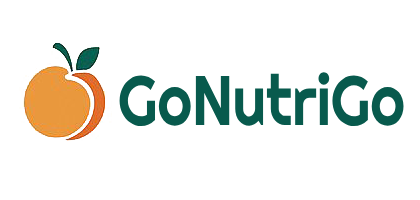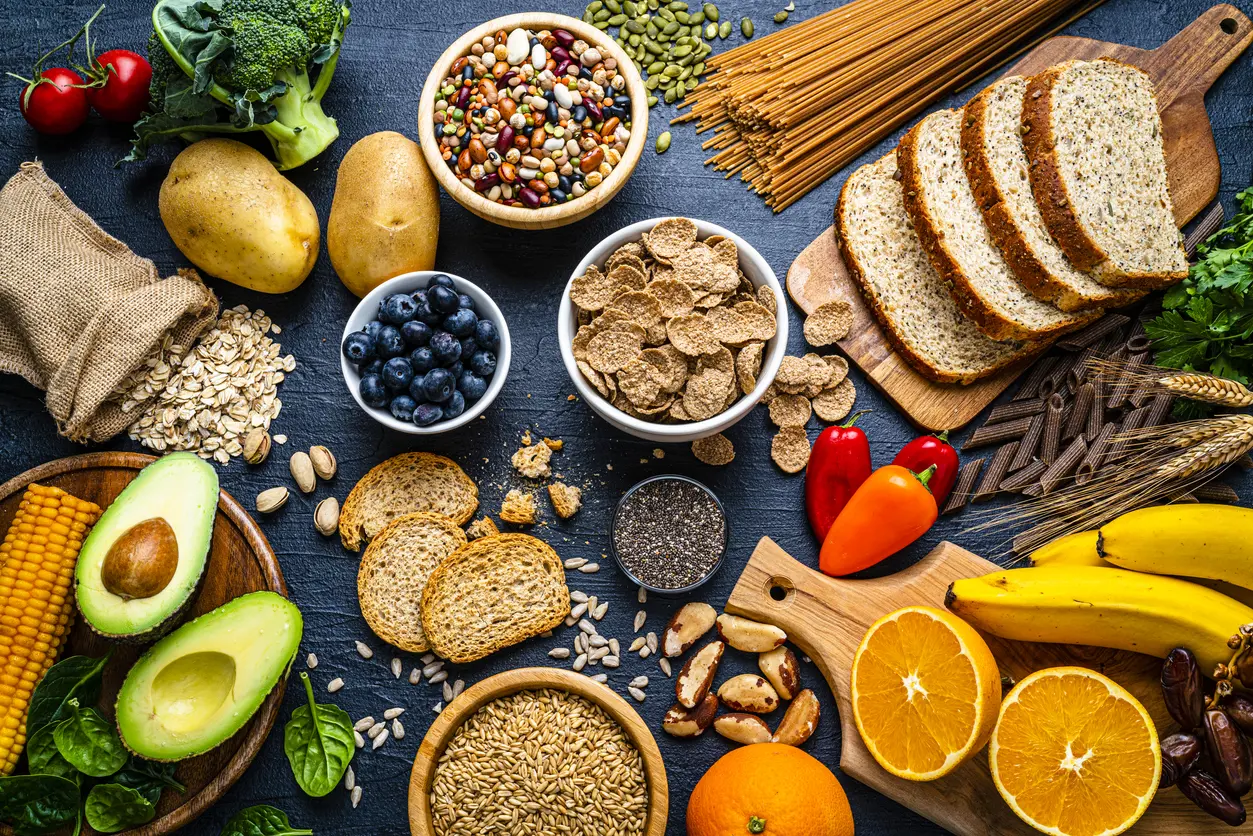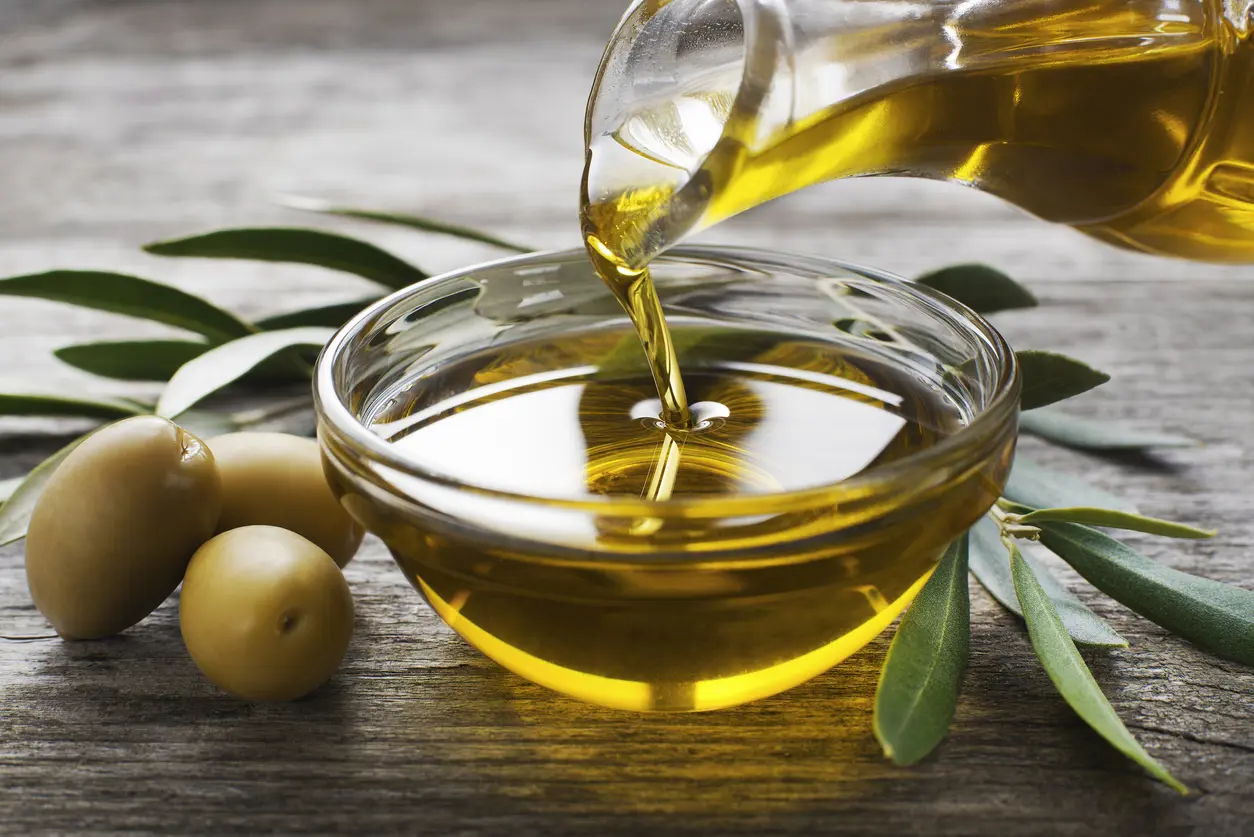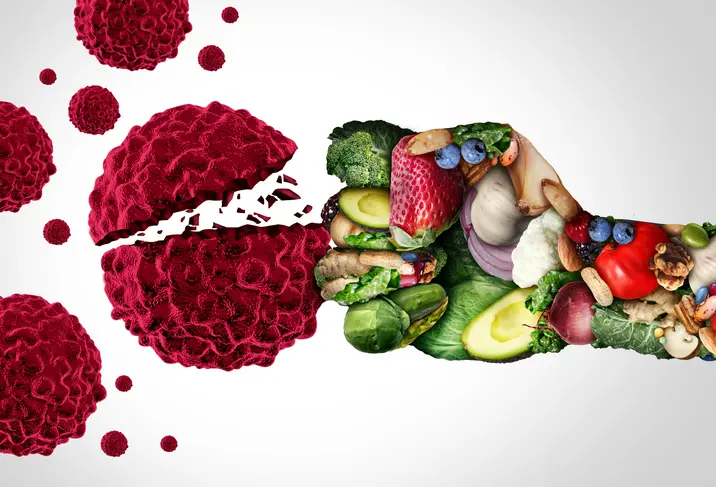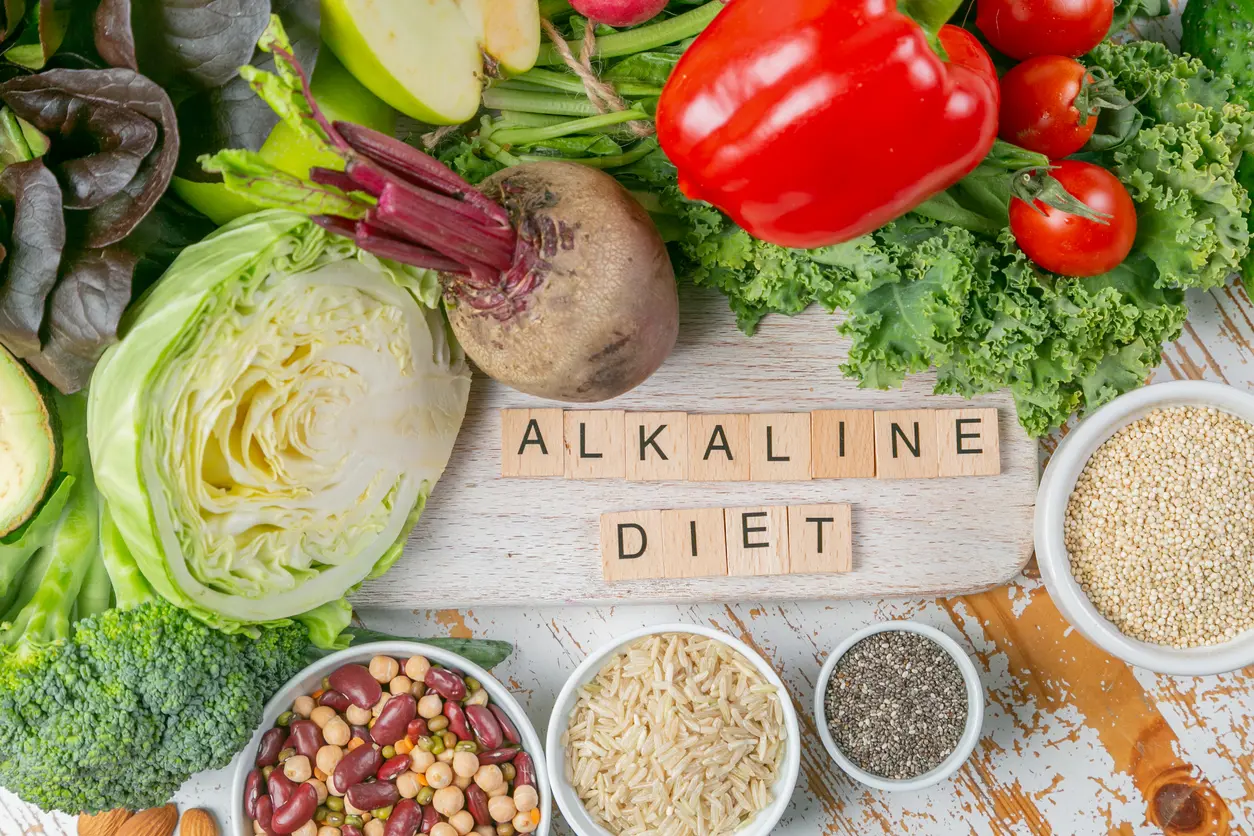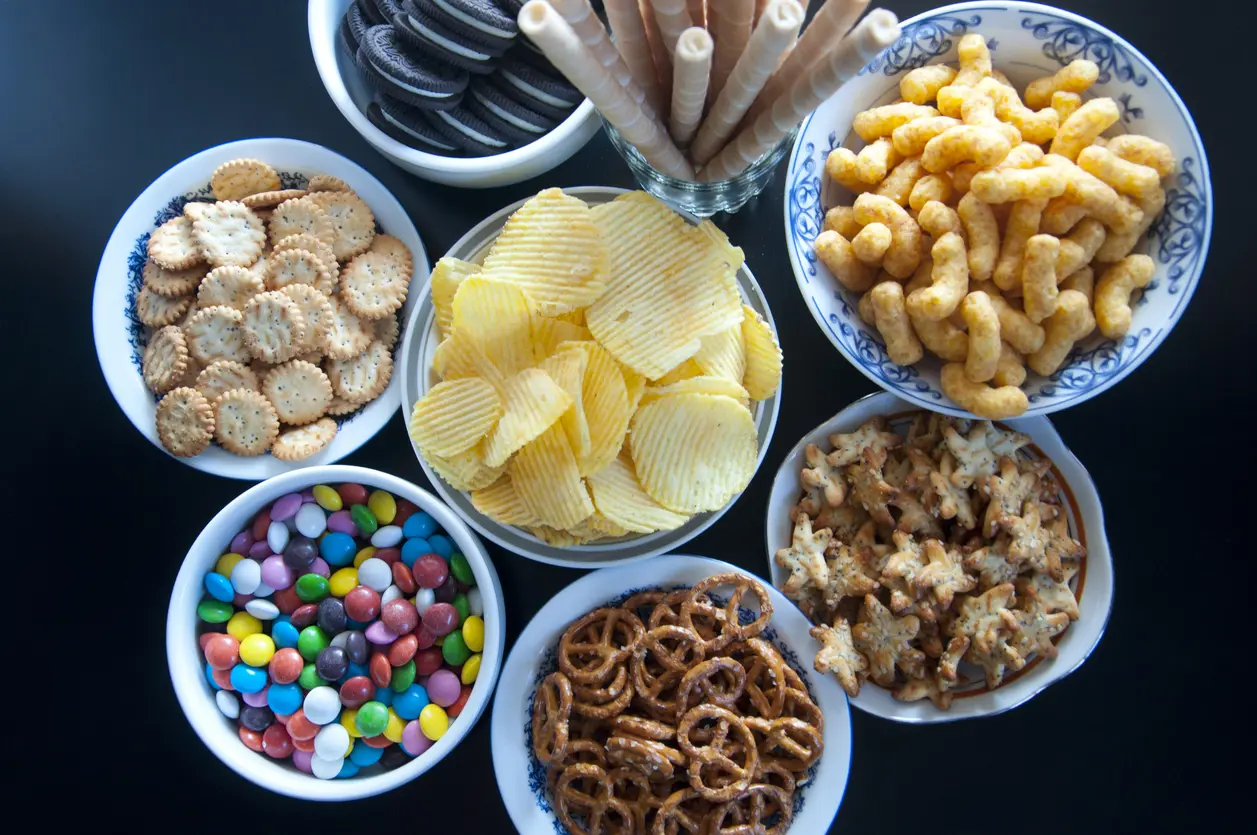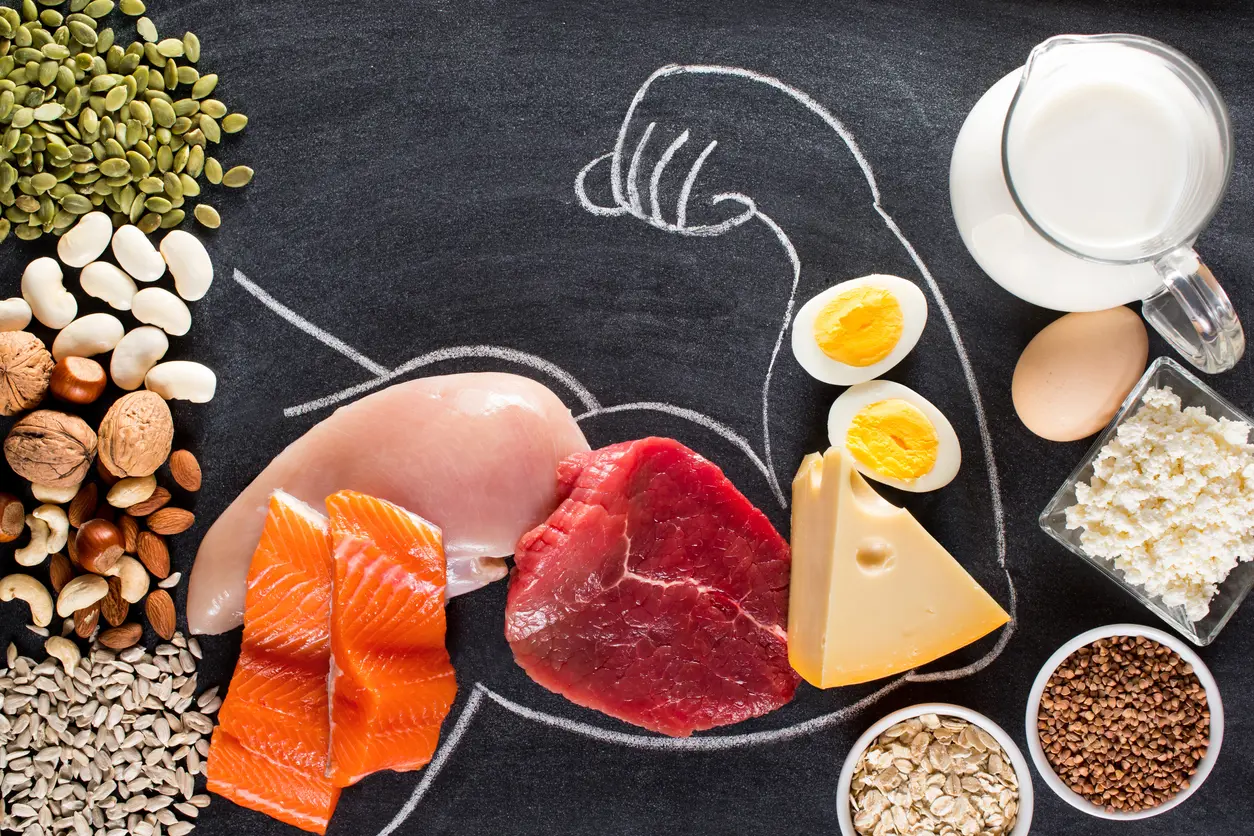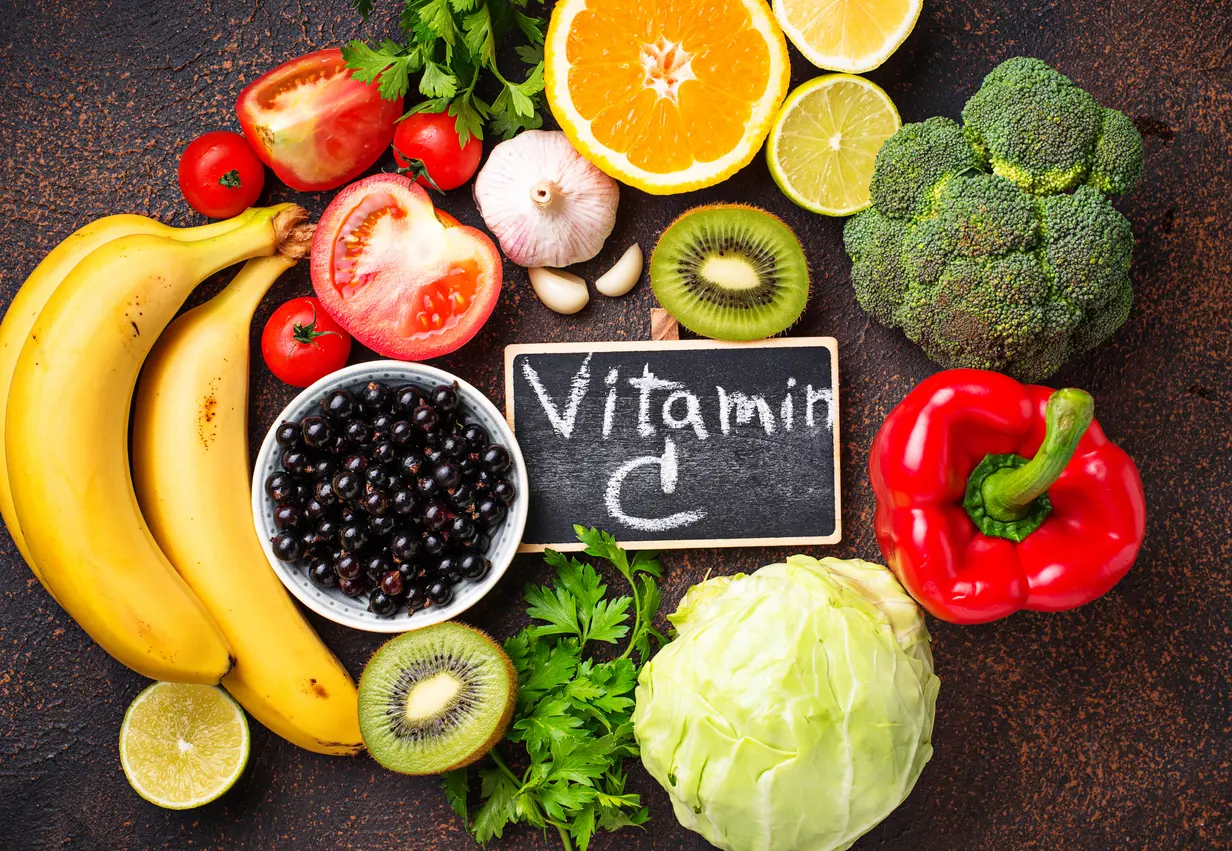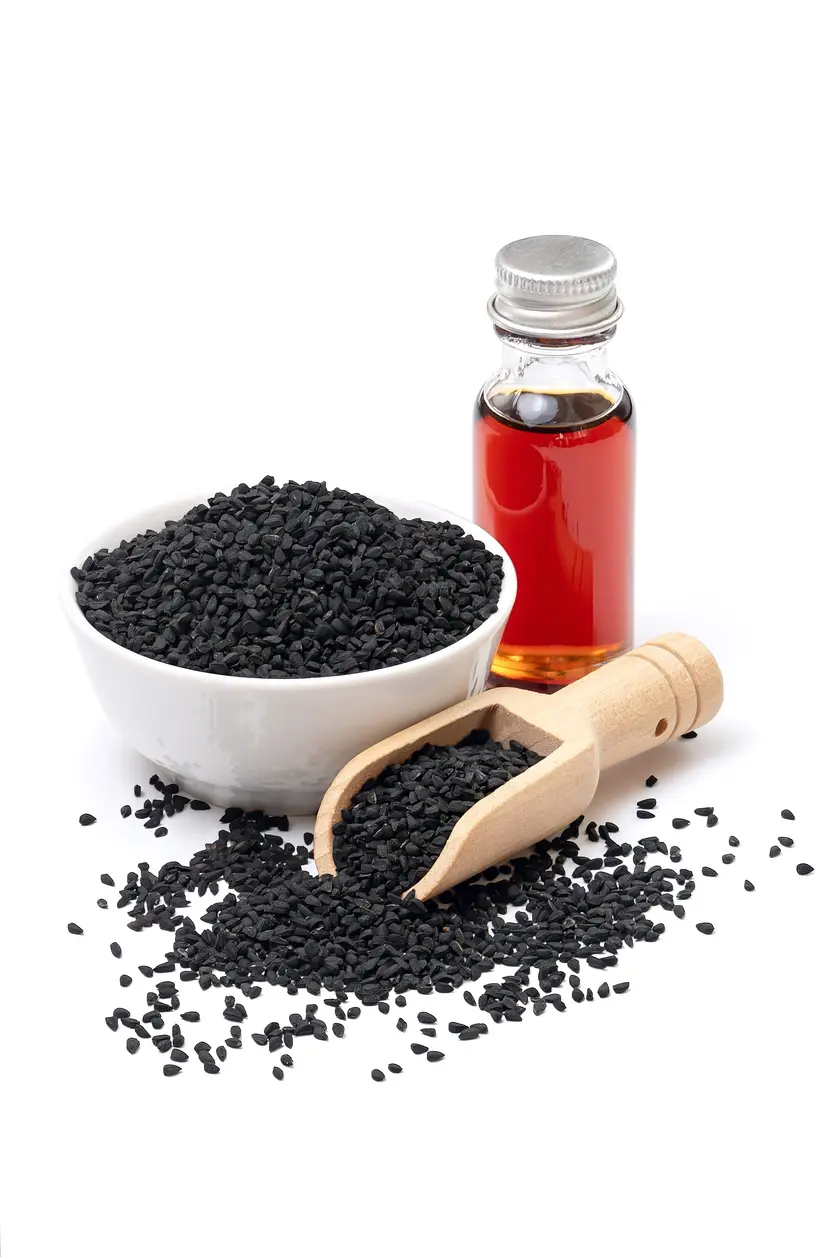Pre-Workout Foods: What to Eat Before Exercise
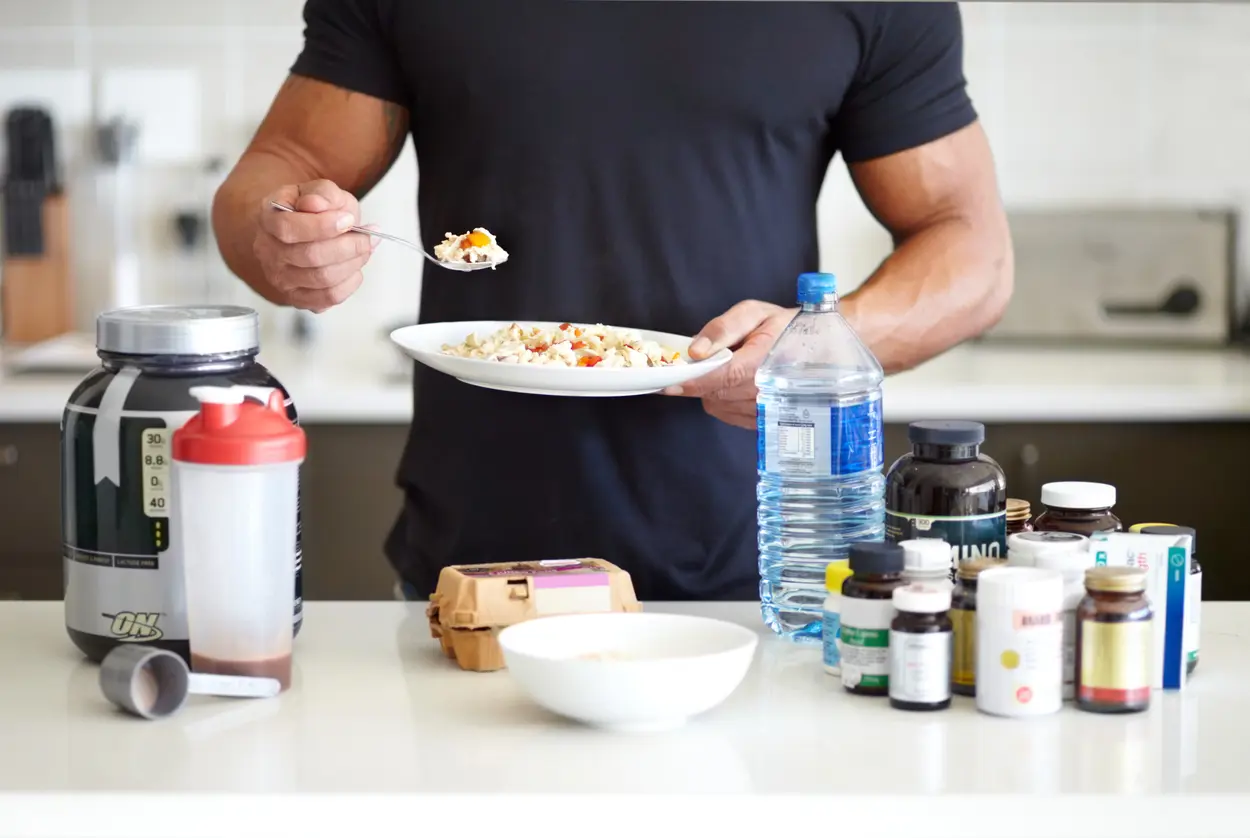
Whether you're heading outdoors for a brisk walk, hitting the home gym for a strength-training session, or swinging by a boutique fitness center for a high-intensity spin class, what you eat beforehand can make or break your workout. Pre-workout nutrition fuels your body, supports high energy levels, and helps you execute your routine with stamina and strength.
Many people exercise to improve fitness, lose weight, or build muscle, and all of these goals benefit from smart meal planning. In this article, you'll learn why fueling before exercise matters, what types of foods are best depending on your preferred workout, and how to time your meals and snacks to feel and perform your best.
Why Pre-Workout Nutrition Matters
Your body relies on food to power every movement, from lifting weights to jogging around the block. The right combination of nutrients before a workout can:
- Increase energy and endurance
- Reduce muscle breakdown
- Improve recovery and strength gains
You might be surprised to hear it, but carbohydrates are your body’s preferred source of fuel, especially for cardio and high-intensity workouts. Protein is important too, but it primarily helps to support muscle repair and growth. And don’t forget about hydration! Even mild dehydration can reduce performance and increase fatigue.
There’s a common myth that exercising on an empty stomach is best, especially if weight loss is your goal. But research shows that a balanced pre-workout meal can improve performance and help maintain lean muscle, even during fat loss.
What to Eat Before a Workout
The best pre-workout foods depend on your goals and the type of exercise you're doing. Here’s a breakdown by activity type:
For General Fitness or Cardio
If you're doing light cardio or moderate-intensity exercise, you need food that will provide you with a boost of energy but that you won’t burn through quickly. A combination of carbohydrates (energy!) and protein or fat will give you a boost that lasts throughout your entire workout. Aim for 10-30 grams of protein for optimal fat burning and metabolic health. [1] Rothschild JA, Kilding AE, Plews DJ. What Should I Eat before Exercise? Pre-Exercise Nutrition and the Response to Endurance Exercise: Current Prospective and Future Directions. Nutrients. 2020;12(11):3473.
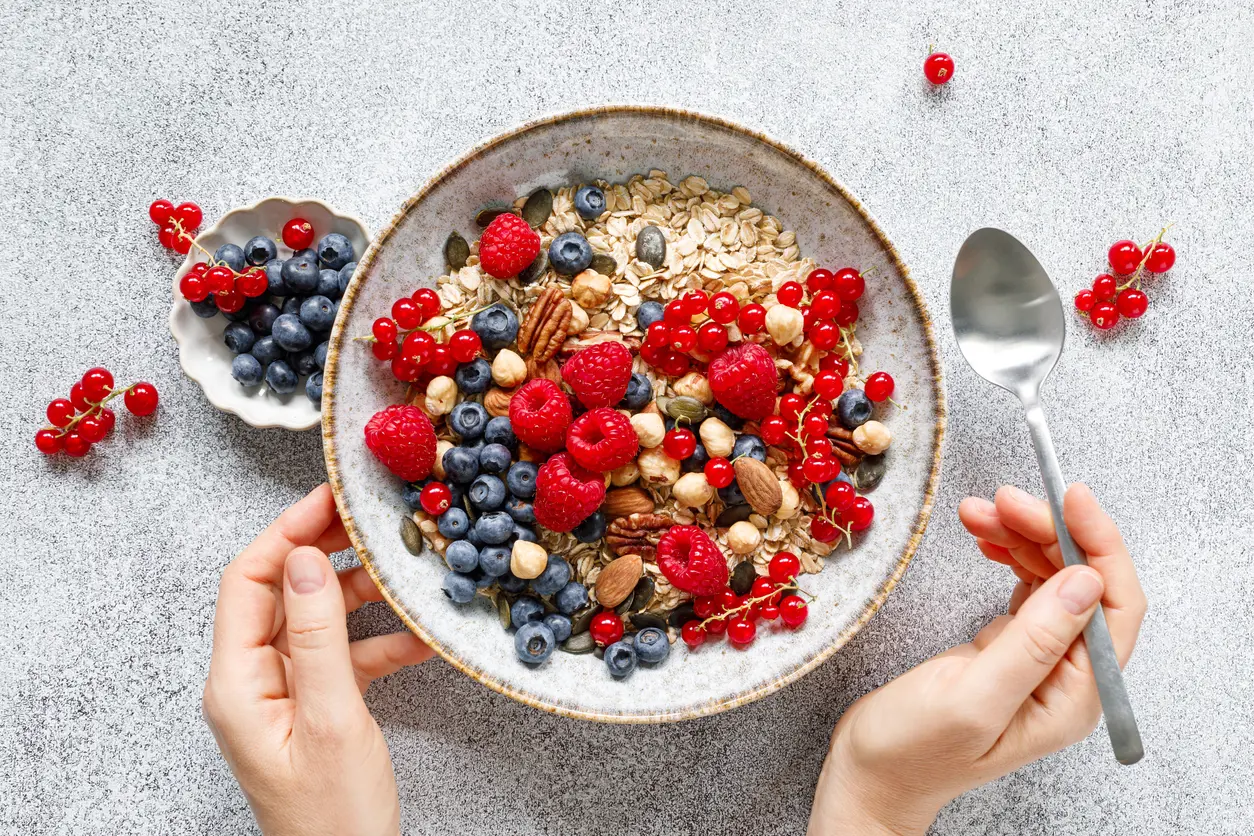
- Banana with nut or seed butter: A banana provides easy to digest carbs and nut or seed butter gives you a healthy fat and protein source for fuel.
- Oats with berries and walnuts: Whole grain oatmeal digests slowly for long-term energy and berries add antioxidants, while nuts provide fat and plant-based protein.
- Greek yogurt with fruit: Greek yogurt gives you a high quality source of protein and carbohydrates and fruit adds fiber to the equation. Look for low or no sugar yogurt for a nutrient boost.
For Strength Training or Muscle Gain
Strength workouts need more protein and sustained energy than a HITT class. You might want to plan ahead with these higher protein snacks, as protein is digested more slowly than carbohydrates. Ideally, your meal or snack will have 10-30 grams of protein and 0-75 grams of carbs if your workout is less than 90 minutes long. [1] Rothschild JA, Kilding AE, Plews DJ. What Should I Eat before Exercise? Pre-Exercise Nutrition and the Response to Endurance Exercise: Current Prospective and Future Directions. Nutrients. 2020;12(11):3473.
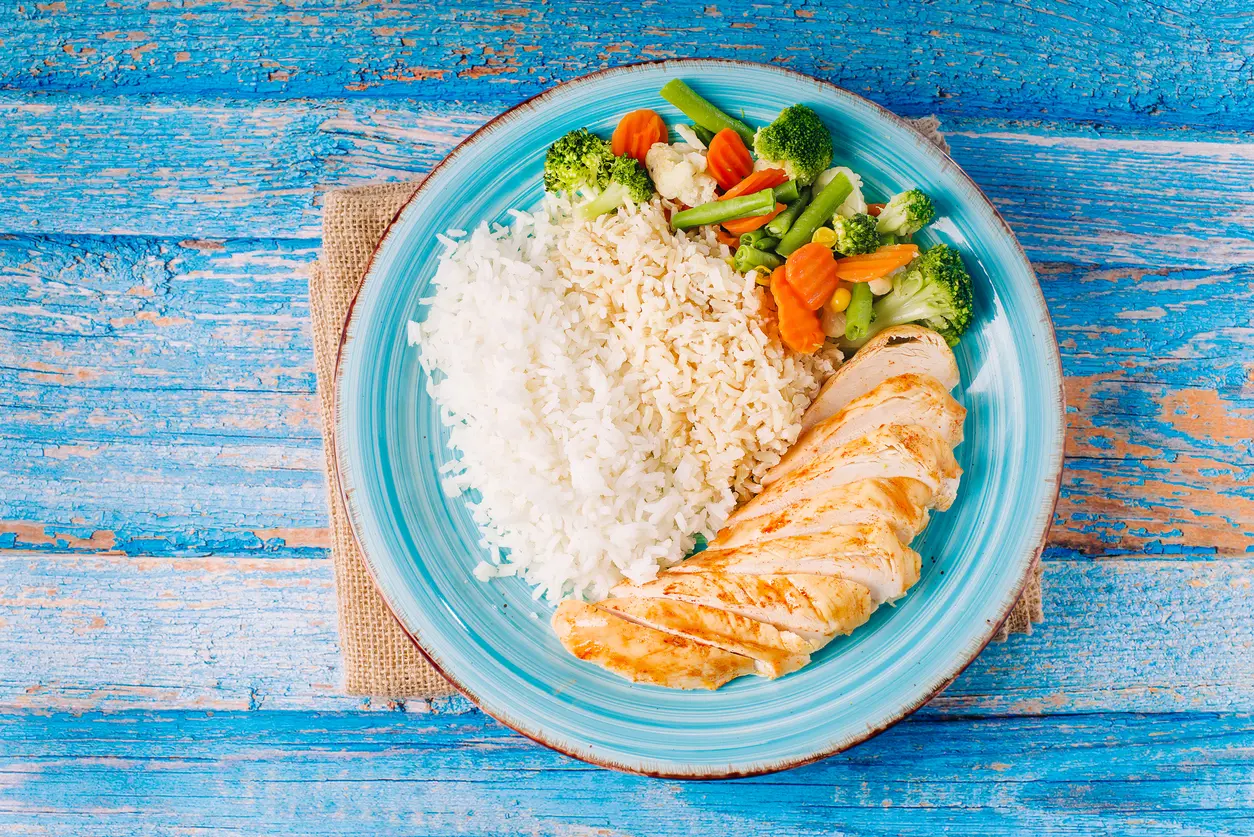
- Chicken and rice: Eat this classic combo 2-3 hours before a workout for a protein-rich meal. Did you know 3 ounces of cooked chicken breast provides over 25 grams of protein? Add ½-1 cup of rice for complementary carbohydrates and you’re set to go.
- Protein smoothie with oats and banana: Ideally, drink up at least an hour prior to exercise. But caution - not all protein powders or shakes are created equally! Many contain added sugars, artificial sweeteners, and unnecessary fillers. Look for a high-quality, organic option with a short ingredient list that aligns with your dietary needs and preference. Milk proteins are ideal for increasing muscle strength. [2] Zhou HH, Liao Y, Zhou X, et al. Effects of Timing and Types of Protein Supplementation on Improving Muscle Mass, Strength, and Physical Performance in Adults Undergoing Resistance Training: A Network Meta-Analysis. Int J Sport Nutr Exerc Metab. 2023; 34(1):54-64.s
- Hard-boiled eggs with whole grain toast: This powerhouse meal is best eaten 1-4 hours before exercise for maximum impact. [3] Naderi A, Gobbi N, Ali A, et al. Carbohydrates and Endurance Exercise: A Narrative Review of a Food First Approach. Nutrients. 2023;15(6):1367. Two eggs give 12 grams of protein and 2 pieces of whole grain toast gives 20-35 grams of carbohydrates, depending on the brand and size of your toast.
For Endurance Training (Running, Cycling)
For longer workouts, focus on steady energy sources that can provide energy in the form of all three macronutrients whether you’re on mile five or fifteen. If you’re planning to be training for over an hour, adding a carb-rich snack during the workout is key to increasing your endurance and staving off exhaustion. [3] Naderi A, Gobbi N, Ali A, et al. Carbohydrates and Endurance Exercise: A Narrative Review of a Food First Approach. Nutrients. 2023;15(6):1367. Aim for at least 30-60 grams of carbohydrates per hour, and reach for liquid sources of carbs if your workout exceeds three hours (think marathon training). [3] Naderi A, Gobbi N, Ali A, et al. Carbohydrates and Endurance Exercise: A Narrative Review of a Food First Approach. Nutrients. 2023;15(6):1367.
Before:

- Whole-grain toast with honey: Aim for at least 20 gm of carbs before exercise to build up glycogen stores.
- Fortified wheat bran cereal with raisins: One cup provides over 45 grams of carbohydrates (and 1 cup of dairy milk adds another 12 grams!). [4] Murray B, Rosenbloom C. Fundamentals of glycogen metabolism for coaches and athletes. Nutr Rev. 2018;76(4):243–259. Ready to eat cereal is affordable, accessible, and usually well tolerated.
- Coffee or a small cup of beetroot juice: Both may improve endurance by boosting blood flow or reducing fatigue, though results vary from person to person. [5] Ormsbee MJ, Bach CW, Baur DA. Pre-Exercise Nutrition: The Role of Macronutrients, Modified Starches and Supplements on Metabolism and Endurance Performance. Nutrients. 2014;6(5):1782–1808.
Did you know?
Eating antioxidant-rich snacks like almonds, grapes, and cranberries before workouts may not improve cycling speed, but they can support better fat burning, increase nitric oxide levels, and help you feel less tired. In a 2025 study, cyclists who ate these three foods felt more energized and had less fatigue after training. [6] d’Unienville NMA, Coates AM, Hill AM, et al. Polyphenol-Rich Snack Consumption during Endurance Exercise Training Improves Nitric Oxide Bioavailability but does not Improve Exercise Performance in Male Cyclists: A Randomised Controlled Trial. Curr Dev Nutr. 2025;9(5):106006. These snacks may not boost performance directly, but can still support recovery and overall well-being.
During Exercise:
- Honey: Honey helped athletes ride faster compared to a fake (placebo) drink. It worked just as well as regular sugar, showing it's a good natural fuel for long workouts. [3] Naderi A, Gobbi N, Ali A, et al. Carbohydrates and Endurance Exercise: A Narrative Review of a Food First Approach. Nutrients. 2023;15(6):1367.
- Bananas and Pears: Both fruits worked just as well as sports drinks for helping athletes stay strong during long bike rides. They're a simple, inexpensive snack that can give your body energy when you need it. [3] Naderi A, Gobbi N, Ali A, et al. Carbohydrates and Endurance Exercise: A Narrative Review of a Food First Approach. Nutrients. 2023;15(6):1367.
- Raisins: Raisins helped runners perform better than drinking only water. They worked just as well as sports jellybeans, making them a tasty and affordable option for energy. [3] Naderi A, Gobbi N, Ali A, et al. Carbohydrates and Endurance Exercise: A Narrative Review of a Food First Approach. Nutrients. 2023;15(6):1367.
- Sports gels, chews, or jelly beans: Sports chews and jelly beans gave athletes quick energy and helped them perform just as well as when they ate raisins. One of their biggest advantages is that they are easy to carry and eat on the go. [3] Naderi A, Gobbi N, Ali A, et al. Carbohydrates and Endurance Exercise: A Narrative Review of a Food First Approach. Nutrients. 2023;15(6):1367.
- Sports drinks: Carbohydrate-rich beverages matched the benefits of whole-food options like bananas, showing that both food-based and fluid-based carbs can be effective when timed properly during endurance events. [3] Naderi A, Gobbi N, Ali A, et al. Carbohydrates and Endurance Exercise: A Narrative Review of a Food First Approach. Nutrients. 2023;15(6):1367.
- Potatoes, rice, pasta: Perfect for ultra-marathoners, a mini meal that’s rich in carbs provides much needed fuel hours into your event. These types of foods work best when you are able to pause to eat and can have someone help to transport the food to you during your breaks. An important consideration is also quantity - you’re typically aiming for 60-90 gm of carbohydrates per hour, and it’s crucial to test how you digest and absorb these foods before a race or event. [3] Naderi A, Gobbi N, Ali A, et al. Carbohydrates and Endurance Exercise: A Narrative Review of a Food First Approach. Nutrients. 2023;15(6):1367.
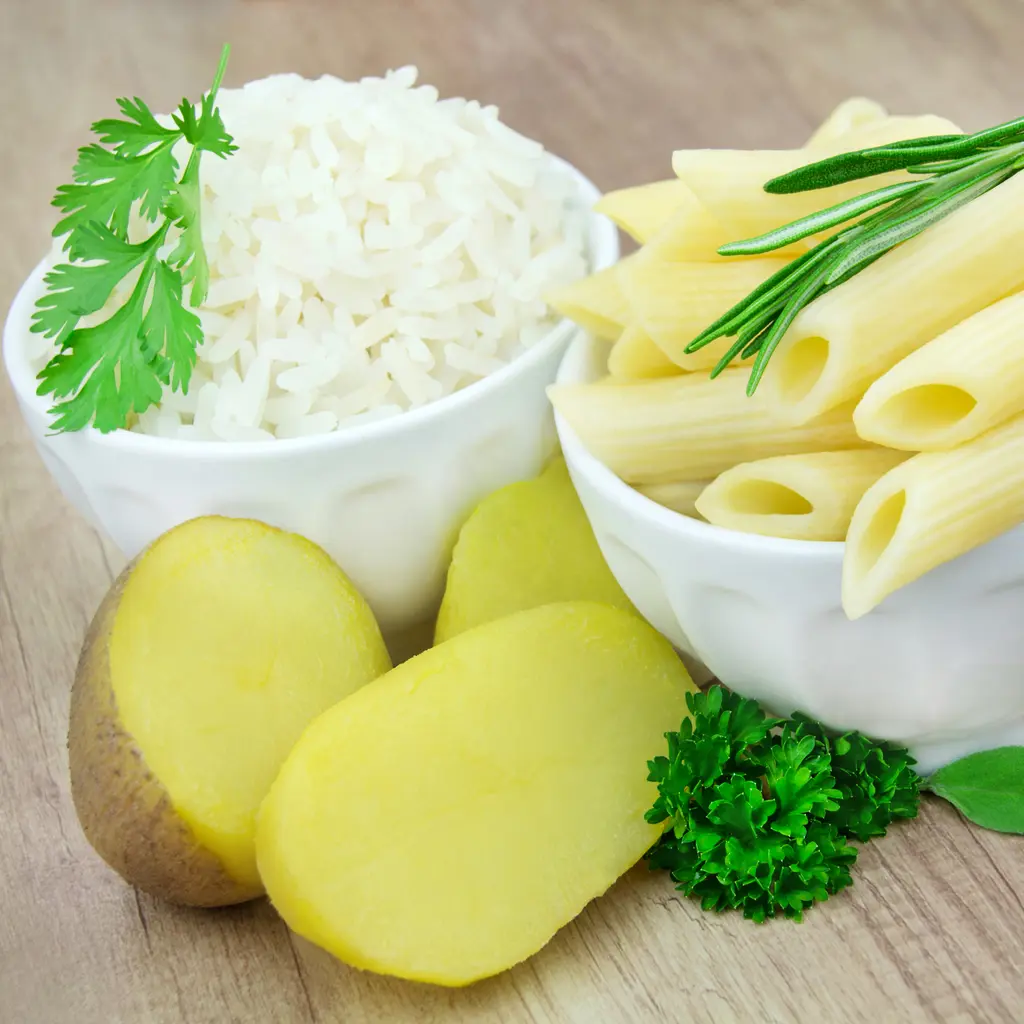
For Morning Workouts
You might not feel hungry early, but skipping food can lead to fatigue:
- Quick options: banana, smoothie, toast with jam, granola bar
If you're doing a short, low-intensity workout (think 15-20 minutes), skipping food may be okay. Listen to your body, adjust accordingly, and don’t forget to hydrate.
Ideal Pre-Workout Meal Timing
Timing matters as much as the food itself. Eat too soon before a workout and you’re likely to feel nauseated, while eating too far ahead of time might mean you’ve already digested your nutrients and could be approaching another eating occasion and feeling hungry.
- 2–3 hours before: Eat a full meal with all three macronutrients: carbs, protein, and fat.
- 30–60 minutes before: Choose a light snack that’s easy to digest, mostly carbs with a little protein.
Foods to Avoid Before a Workout
Some foods can cause discomfort or interfere with performance:
- High-fat meals: Think fried foods, heavy sauces, rich desserts - best left until after a training session.
- High-fiber foods: Even though they are healthy and full of important nutrients, skip the beans and large salads right before intense workouts may cause you to need the bathroom during exercise.
- Sugary snacks: You might get a quick burst of energy from simple sugars, but you’ll likely experience an energy crash and poor performance.
- Spicy foods: These may upset your stomach or cause heartburn if eaten before exercise.
Hydration Before Exercise
Proper hydration boosts energy and helps regulate body temperature.
- Before activity: Drink 24 ounces of water or a sports drink about 2 hours before playing or training to stay ahead on hydration. [7] Rayven Nairn, MS RD LD. Sports and Hydration for Athletes: Q&A with a Dietitian. Johns Hopkins Medicine.
- During activity: For longer sessions (over 45 minutes for adults or over 1 hour for kids), sip a sports drink instead of plain water. Aim for 6-12 oz every 20 minutes (adults), 11-16 oz (teens), and 3-8 oz (kids age 9-12). [7] Rayven Nairn, MS RD LD. Sports and Hydration for Athletes: Q&A with a Dietitian. Johns Hopkins Medicine.
Sample Pre-Workout Meal Ideas
Here are a few ideas based on prep time and goals:
| Time Before Workout | Goal | Meal/Snack Idea |
|---|---|---|
| 2–3 hours | Energy | Brown rice + grilled tofu + veggies |
| 2–3 hours | Muscle gain | Chicken sandwich on whole wheat + fruit |
| 30–60 minutes | Quick energy | Oatmeal with banana and cinnamon |
| 30–60 minutes | Endurance | Fruit smoothie with oats + almond milk |
| 15–30 minutes | Light movement | Banana or granola bar |
Conclusion
Eating before exercise can help you feel strong, energized, and ready to crush your performance goals. Whether you're lifting weights or heading out for a jog, timing and meal composition matter. And remember, some foods enhance performance while others aid in overall energy production and metabolic efficiency.
Aim to eat a balance of carbs and protein before exercise and stay well-hydrated. Most importantly, experiment to see what makes you feel your best - nutrition is personal, and what works for one person may not work for another.
Looking for more? Check out our guides on hydration, protein-rich foods, and post-workout recovery meals to round out your fitness nutrition plan.
Was this article helpful?
-
What Should I Eat before Exercise? Pre-Exercise Nutrition and the Response to Endurance Exercise: Current Prospective and Future Directions. Nutrients. 2020;12(11):3473.; Rothschild JA, Kilding AE, Plews DJ. ;
https://pubmed.ncbi.nlm.nih.gov/33198277/ -
Effects of Timing and Types of Protein Supplementation on Improving Muscle Mass, Strength, and Physical Performance in Adults Undergoing Resistance Training: A Network Meta-Analysis. Int J Sport Nutr Exerc Metab. 2023; 34(1):54-64.s; Zhou HH, Liao Y, Zhou X, et al. ;
https://pubmed.ncbi.nlm.nih.gov/38039960/ -
Carbohydrates and Endurance Exercise: A Narrative Review of a Food First Approach. Nutrients. 2023;15(6):1367.; Naderi A, Gobbi N, Ali A, et al. ;
https://pubmed.ncbi.nlm.nih.gov/36986096/ -
Fundamentals of glycogen metabolism for coaches and athletes. Nutr Rev. 2018;76(4):243–259. ; Murray B, Rosenbloom C. ;
https://pmc.ncbi.nlm.nih.gov/articles/PMC6019055/ -
Pre-Exercise Nutrition: The Role of Macronutrients, Modified Starches and Supplements on Metabolism and Endurance Performance. Nutrients. 2014;6(5):1782–1808.; Ormsbee MJ, Bach CW, Baur DA. ;
https://pubmed.ncbi.nlm.nih.gov/24787031/ -
Polyphenol-Rich Snack Consumption during Endurance Exercise Training Improves Nitric Oxide Bioavailability but does not Improve Exercise Performance in Male Cyclists: A Randomised Controlled Trial. Curr Dev Nutr. 2025;9(5):106006.; d’Unienville NMA, Coates AM, Hill AM, et al. ;
https://pubmed.ncbi.nlm.nih.gov/40321836/ -
Sports and Hydration for Athletes: Q&A with a Dietitian. Johns Hopkins Medicine.; Rayven Nairn, MS RD LD. ;
https://www.hopkinsmedicine.org/health/wellness-and-prevention/nutrition-and-fitness/sports-and-hydration-for-athletes

